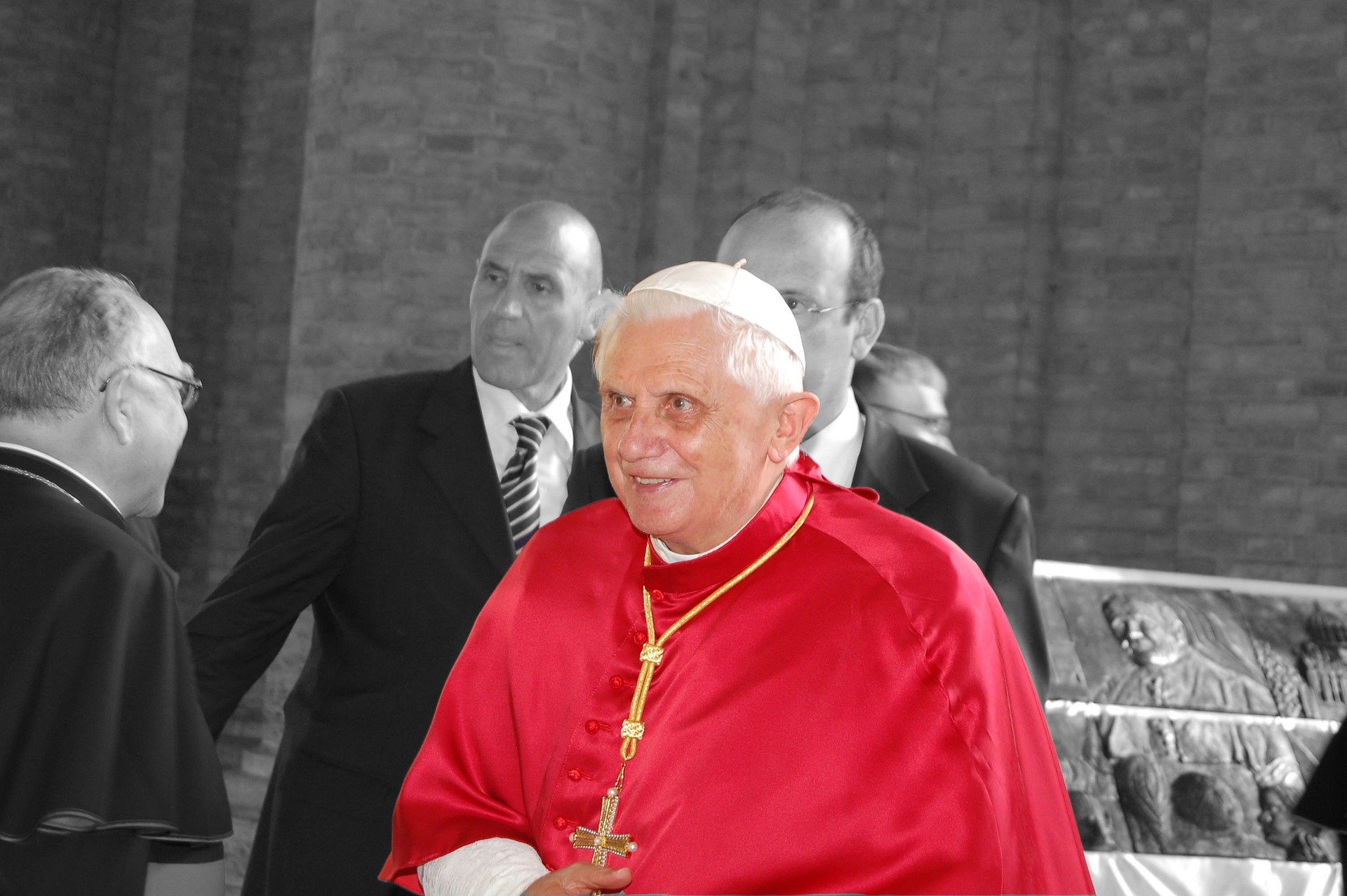
Remembering Benedict XVI: A champion of tradition and orthodoxy | Albert Bikaj
“He is one of the authentic theologians dignified to be called defensor fidei, a title and quality which he showed during his years as the head of the Congregation for Doctrine and Faith, and consequently as the Pope – introducing reform of the reform by restoring the liturgical peace.”

Reflections on the crisis of progressivism | Albert Bikaj
The consequences of this radical change have begun to show its fruits. Today it has different names, labels and definitions, namely such as ‘Wokeness’ and ‘Cancel Culture’, but one of the most interesting definitions was coined by Pope Emeritus himself. He categorised it as ‘dictatorship of relativism’ — a tyrannical and anti-intellectual ideology which according to him ‘does not recognise anything as definitive and whose ultimate goal consists solely of one's own ego and desires’. This is what we would call half-truths or what we often hear as ‘my-truth’ and ‘your truth’.

Contemporary education betrays its classical origins, but it shouldn’t | Ojel L. Rodriguez Burgos
The word liberal immediately gives a pause to many readers, because of its connotations and associations with a more familiar liberal philosophy. The philosophy, however, was born in the modern era, whereas Liberal Education is a much older concept. But the word comes from the Latin word liber and Liberalis, the former meaning to be free and the latter meaning freedom or a Freedman.

Technology will not save us; how the new environmentalism is doomed to repeat the mistakes of the past | Charlie Goulbourne
The much-loved liberal maxim “global problems require global solutions” may finally be proven false. The greatest global crisis of our time, climate change, is perhaps best tackled with local, not global, initiatives. Traditional environmental and agricultural practises of local agroforestry, intercropping, crop rotation and organic composting may be amongst the most effective ways of mitigating the effects of climate change.

Conservatives must build an alternative to capitalism | David Sergeant
Global corporations, many of whom now rival the power of small states, use their wealth and influence to manipulate cultural direction. It is really surprising to see ‘woke’ companies push radical individualism? The more families they split into atomised consumers, the more their profits bulge. Likewise, corporate support for identity politics – designed to divide ordinary people into a multitude of exclusionary social tribes – is the perfect distraction from unjustifiable and unpopular wealth differentials.

Revisiting fusionism - revolutionary capitalism and conservative economics
Human relationships are now commodified, and those which cannot be, are simply cast aside as hurdles to economic growth. Houellebecq’s inherent pessimism may be singular, but his analysis of society will be shared by many who perceive in the ongoing dismantlement of social constructs a threat to the family’s “sentimental veil” and a step forward to its reduction “to a mere money relation”, as Marx had prophesised.

A triumph for ideologues | Ojel L. Rodriguez Burgos
The rhetoric of the Biden campaign, its supporters, and Democratic candidates alike was predicated upon the word; change. But as ideologues, this change involves a radically transformative approach to what they perceive to be oppression, supposedly inherent, in the American system. The policy prescriptions for America of the current Democratic Party are all based in a dangerous rationalism and falsity that governments in DC or state capitals unilaterally know what is best for society, the family, and the individual.

The electibility of social conservatism: a viable force in British politics | Luke Doherty
The political climate in Britain is ready and waiting for a sound conservatism that will challenge and repeal liberal-leftism, rather secretly tolerate and accommodate it. Now is the time to make the case for social conservatism. it has to be offered as a sensible choice for ordinary people.

Abortion - an inconsistency about innate human worth | Alexander Ruggles
So any acceptance of the aforementioned scientific fact that life begins at conception and the recognition of the moral truth of human life having innate worth underlines that abortion both violates and is inconsistent with an individual’s inherent right to life. Their dependency, rather than being a reason to infringe on their basic human right to life, should instead be seen to create a moral responsibility for other individuals to safeguard, protect, and uphold that individual's absolute right to life from its very conception.
